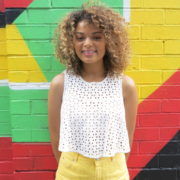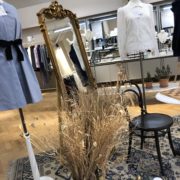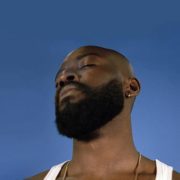The Project That Explores The Existing Link Between The Notions of Identity

The Curl Talk Project started as an online portfolio in 2017, highlighting the profiles of more than 100 curly-haired women. Exploring the existing link between natural hair and the notions of identity, femininity, race, diversity, and representation, the initiative is now becoming a photography exhibition celebrating curls and coils.
Even though my mother always highlighted how beautiful my hair was I never believed her. How could I believe her knowing that she would then head to the shopto buy a box of relaxer in order to dramatically change the texture of her own coils? How could I believe her when all I could see in magazines were blond girls with silky strands the wind could easily pass through? It is pretty clear now; I hated my hair.

This negative perception of myself, but most importantly of my curls, isn’t exceptional though. Many young black and mixed-race girls and boys have to experience the same thing, naively believing that straight hair could be the answer to all their issues. Thinking that straighter strands could help them achieve ultimate beauty, and imagining that society would accept them more if they looked like their white counterparts.
The lack of representation we have to face on a day-to-day basis, the regular micro-aggressions we have to experience, and the centuries-long internalised messages we still try to dismantle are some of the reasons why curly haired women and girls continue to struggle to embrace their hair.

At a time when black kids are made to feel ashamed of their natural hair at school, initiatives such as The Curl Talk Project are more important than ever. Helping challenging a strong lack of representation and encouraging self-acceptance by simply making curly heads omnipresent and visible. A key process for curls to eventually be perceived as the norm.
Click here to visit The Curl Talk Project website.
Words by Johanna Yaovi





![ZINO VINCI’S ‘FILTHY & DISGUSTING’EP BRINGS YOU TO THE CORE OF THE ARTIST [@ZinoVinci]](https://guap.co/wp-content/uploads/2023/10/Zino-4.jpg)





![Remel London’s [@Remel_London] “Mainstream” is a must attend for upcoming presenters!](https://guap.co/wp-content/uploads/2017/02/REMEL-LONDON-FLYER-FINAL-YELLOW-COMPLETE-1.png)